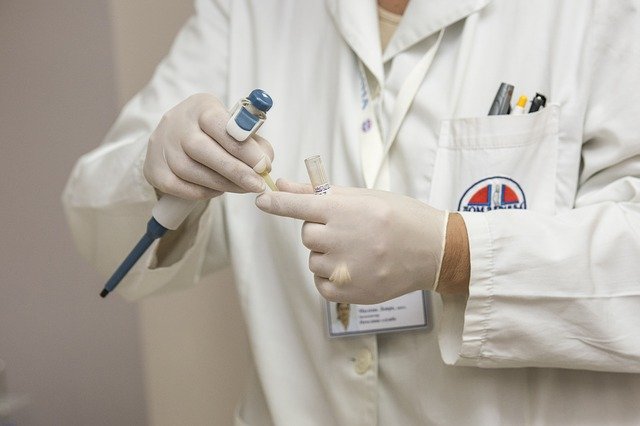
When looking for health care for children, foster parents often face unique challenges. They have to learn about the care systems in their region and the types of doctors and other health providers who work with kids in those systems. Health care for children is still an expensive proposition in many parts of the world. Children placed in foster care need a consistent, standard primary health care provider, possibly including a pediatrician, for routine health care. Consistent continuity also supports the young child or teen in developing an intimate relationship with his or her health care provider, which is all so important for building trust.
According to a recent study by the National Association of Children’s Hospitals and Medicaid Services (NACHH), a growing number of children and adolescents (about 5 percent) are receiving care through health care plans managed by health insurance companies that do not offer a pediatric service. Among those children, many are met with significant behavioral issues, including substance abuse and depression, and are at high risk for health outcomes. According to the NASH, only about half of the 50 states have policies that meet national quality indicators for primary care, and most children who are treated in a specialty unit at a hospital or other outpatient facility receive no pediatric services.
Health Care For Children

It is not enough to rely on Medicaid, Children’s Special Health Care (SCHC), or any other source of federal aid for your foster care children. You must have quality metrics in place to ensure your children are getting the best possible health care, including primary care, emergency care, mental health services, behavioral health care, immunizations, testing and diagnostics, complementary care, medical treatment, and durable life support. According to the Center for Disease Control and Prevention (CDC), one in five children enrolled in Medicaid or a private insurance program has been diagnosed with one or more chronic or life-threatening illnesses, according to Kaiser Family Foundation. One in 12 children has had an autism diagnosis, according to The Kaiser Commission on Medicaid and the Uninsured.
A child can miss up to three years of education if they are placed in a children’s medical home. For this reason, it is absolutely critical that you find a qualified and comprehensive health care provider to be your child’s primary caregiver. You can save yourself a great deal of heartache and grief if you make sure that you make the right decision when selecting a medical home. This means that you should be screening every care provider that you send to your foster care children.
A Much Ado

Make sure that the home you send your child to has been accredited through the Medicaid Long-Term Care Insurance Program (LTCIP). According to Kaiser, at least 90 percent of the medical home providers who received certification from the LTCIP are continuing to be accredited. Furthermore, they are also meeting the requirements of the Security Rule, which requires that they provide timely care and prevent serious and contagious illnesses and conditions. Your child will also benefit from having a primary care provider who has received proper training. Your child will be in a better position to get the preventative medical care that they need, which can lead to a more comfortable and safer childhood.
In addition to screening your foster care provider, you should also take a close look at the services that your medical home offers. For example, do they offer preventative care such as vaccinations? What about immunizations? Is the medical home well-equipped to handle emergencies such as those relating to the flu or other infections?
The above information is important to know if you are sending your child to a foster care agency. In order to qualify for Medicaid, your children must meet the following Medicaid developmental activities score requirement. They must score at least a “B” on the BCRA if you are sending them to an approved state child care program, and at least a “C” on the MCSR if you are sending them to a private agency. If your children are going to be placed in a medically managed care facility such as a foster care placement, they will be required to participate in one of several foster child care demonstration projects, as well. These are project teams consisting of trained workers, along with a range of medical professionals, who will work together to develop and implement a comprehensive health care plan designed to meet the needs of your child.
Bottom Line
One thing that you may notice in the above quote is that I have mentioned “medical care,” even though all health needs, behavioral health needs, etc. are met by foster care agencies and that none of those mentioned are medical care. However, medical care is always an option and should never be considered an alternative to, or something to be used in place of, foster care. Please contact me if you have any questions regarding your child’s health needs.





